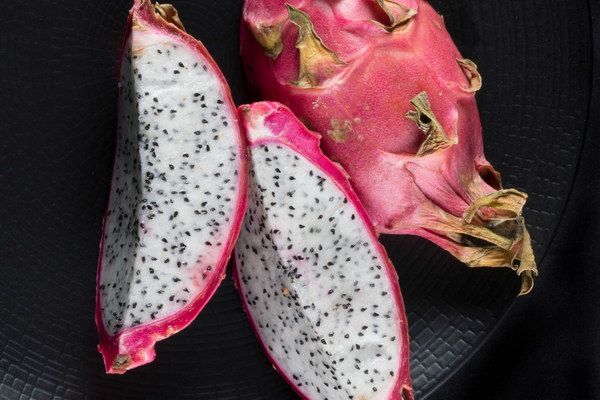The Liver-Protecting Power of Vitamin E How This Nutrient Keeps Your Hepatocytes Healthy
Introduction:
The liver is a vital organ responsible for numerous metabolic functions in the body. It detoxifies harmful substances, metabolizes nutrients, and synthesizes proteins. However, the liver is also susceptible to damage from various factors, such as alcohol consumption, infections, and medications. One of the best ways to support liver health is through the consumption of essential nutrients. In this article, we will explore the liver-protecting power of vitamin E and how it helps maintain the health of your hepatocytes.

What is Vitamin E?
Vitamin E is a fat-soluble vitamin that belongs to the tocopherol family. It is a powerful antioxidant that helps protect cells from oxidative stress caused by free radicals. Vitamin E is essential for the proper functioning of various organs, including the liver, and plays a crucial role in maintaining overall health.
How Vitamin E Protects the Liver
1. Antioxidant Protection:
One of the primary functions of vitamin E is its antioxidant properties. The liver is exposed to numerous toxins and free radicals, which can cause oxidative stress and damage hepatocytes. Vitamin E neutralizes these harmful molecules, preventing them from causing damage to the liver cells.
2. Improvement of Liver Function:
Vitamin E has been shown to improve liver function by reducing liver enzymes, such as alanine aminotransferase (ALT) and aspartate aminotransferase (AST), which are often elevated in liver diseases. By reducing these enzymes, vitamin E helps restore liver function and reduces the risk of liver damage.
3. Inhibition of Pro-inflammatory Cytokines:
Inflammation is a significant factor in the progression of liver diseases, such as non-alcoholic fatty liver disease (NAFLD) and hepatitis. Vitamin E has been found to inhibit the production of pro-inflammatory cytokines, which helps reduce inflammation and protect the liver from further damage.
4. Prevention of Liver Fibrosis:
Liver fibrosis is a condition characterized by the excessive scarring of liver tissue, which can lead to cirrhosis and liver failure. Vitamin E has been shown to prevent the progression of liver fibrosis by inhibiting the formation of extracellular matrix components, such as collagen, in the liver.
5. Enhancement of Immune Response:
A healthy immune system is crucial for maintaining liver health. Vitamin E enhances the immune response by activating immune cells, such as natural killer cells and macrophages, which help eliminate pathogens and damaged hepatocytes.
Sources of Vitamin E:
Vitamin E can be obtained from various food sources, including:
- Nuts: Almonds, walnuts, and peanuts are excellent sources of vitamin E.
- Seeds: Sunflower seeds, flaxseeds, and pumpkin seeds are rich in vitamin E.
- Vegetable oils: Olive oil, soybean oil, and canola oil contain vitamin E.
- Green leafy vegetables: Spinach, kale, and broccoli are good sources of vitamin E.
- Fortified cereals and juices: Some cereals and juices are fortified with vitamin E.
Conclusion:
Vitamin E is a crucial nutrient that plays a vital role in protecting the liver and maintaining its health. Its powerful antioxidant properties, anti-inflammatory effects, and ability to enhance the immune response make it a valuable supplement for those at risk of liver disease. Incorporating vitamin E-rich foods into your diet or considering supplementation may help keep your liver healthy and functioning optimally.









